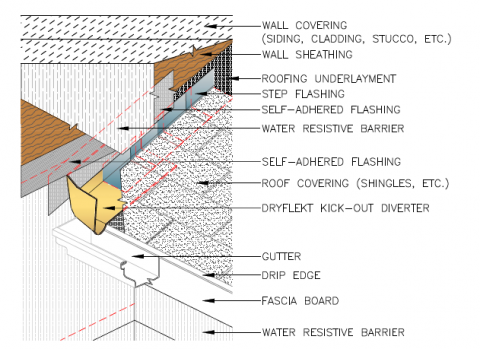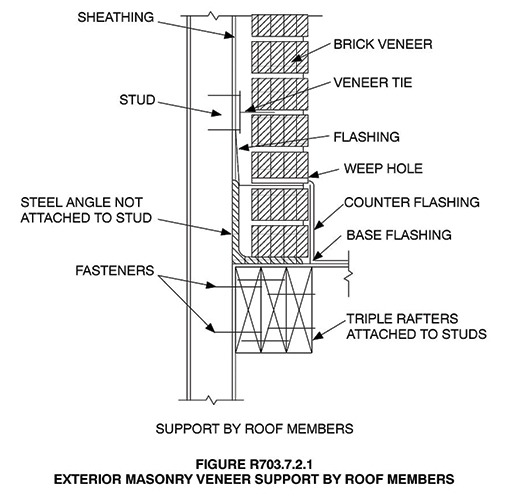Roofing Cement And Felt Paper On Walls For Wind Barrier

A benefit of asphalt felt paper is its ability to absorb water and then.
Roofing cement and felt paper on walls for wind barrier. It s important that use the building paper that is recommended for your area. Wind pressure and hydro head conditions are certainly 2 different things but we felt this was a reasonable level of stress to apply since wind commonly exerts a similar force on rain covered walls. Felt paper comes in 15 pound and 30 pound options. Fiber cement siding covered the felt paper.
Our opinion is that on new asphalt shingle tile fiber cement slate and many wood roofs most roofing contractors apply an underlayment membrane of roofing felt tar paper or fiber reinforced roofing felt. The use of roofing felt or 15 pound felt as a building house wrap or vapor barrier and the permeability moisture problems and indoor condensation problems that may occur vapor barriers and condensation in buildings. Our test results showed that after a series of 2 hour test runs clean water never leaked through tyvek or r wrap. 15 pound felt lost 30 of its.
The siding was improperly installed and was removed in early november of 2018. After the subfloor is down roll out either felt paper or rosin paper starting next to the longest wall. 15 felt type construction helps provide an extra layer of protection between your shingles and your roof deck not included heavy duty design lays flat to help minimize wrinkling asphalt saturation to help improve waterproofing ability to help prevent wind driven rain and water from other sources from infiltrating under your shingles and. The siding contractor then covered the felt paper with certawrap a modern air barrier.
Installing building paper is a simple task. Many builders use standard 15 pound roofing felt. Felt or building paper must be applied to walls properly to be effective. However the 2018 ibc section 1403 2 and the 2018 irc section r703 2 requires type 1 asphalt felt in compliance with astm d 226 when the asphalt felt is used as a continuous water resistive barrier behind the exterior wall veneer.
A special underlayment may be recommended by the manufacturers of specific roofing product and hybrid products.














































